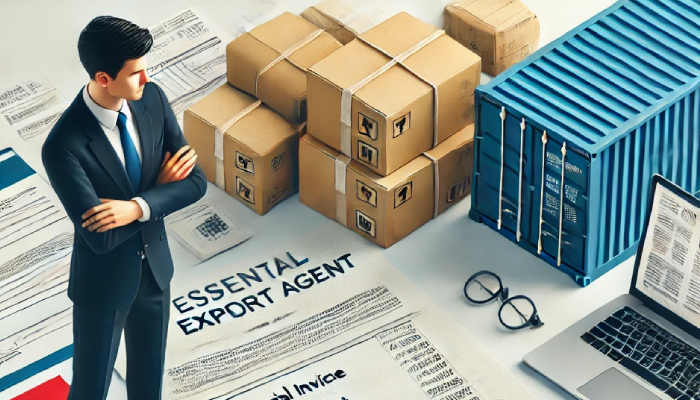Introduction:
International trade can be a complex and challenging field. From navigating diverse regulations to managing logistics and currency risks, importers and exporters face a range of obstacles that can impact their operations. However, with the right strategies in place, these challenges can be overcome, leading to a thriving global business.
Top 5 Challenges and Solutions:
Challenge 1: Navigating Complex Regulations
Solution: Different countries have different import/export regulations, tariffs, and trade restrictions. Researching and staying updated on these regulations is critical. Utilize government resources or consult with trade compliance experts to ensure your business remains compliant. This proactive approach helps avoid costly fines and shipment delays.
Challenge 2: Customs Clearance and Documentation
Solution: Customs clearance is often a time-consuming process requiring specific documents. To expedite this process, ensure that all documents, such as commercial invoices, packing lists, and certificates of origin, are accurately prepared. Working with a reputable customs broker can also simplify the process and help navigate customs regulations.
Challenge 3: Shipping and Logistics Issues
Solution: Shipping delays, damages, and high logistics costs can impact your business. To minimize these issues, choose reliable shipping partners with experience in handling international shipments. Freight forwarding services can provide end-to-end logistics support, including insurance coverage for goods in transit, mitigating potential risks.
Challenge 4: Managing Currency Exchange Risks
Solution: International trade involves dealing with multiple currencies, making your business susceptible to exchange rate fluctuations. Using financial instruments like forward contracts can help lock in exchange rates, protecting your profit margins. Additionally, setting up multi-currency bank accounts allows you to manage transactions in various currencies more effectively.
Challenge 5: Building Trust with Overseas Partners
Solution: Trust is essential when dealing with international suppliers and buyers. Conduct thorough background checks on potential partners to verify their credibility. Utilize video calls and messaging platforms for clear and transparent communication. Consider using escrow services for payments to build trust and safeguard your transactions.
Conclusion:
While international trade presents various challenges, proactive planning and strategic solutions can help you overcome them. By navigating these challenges effectively, your business can thrive in the global marketplace.


